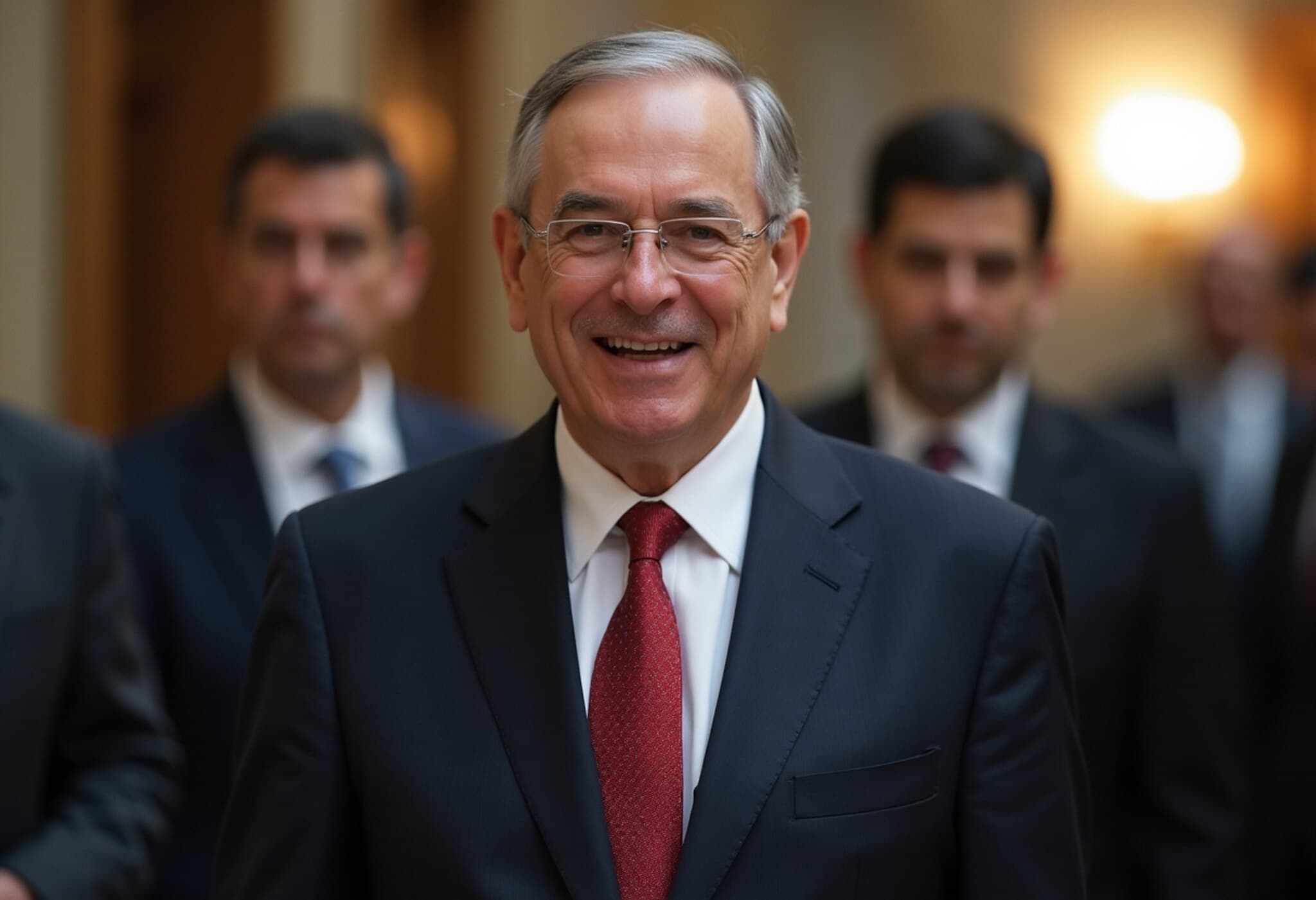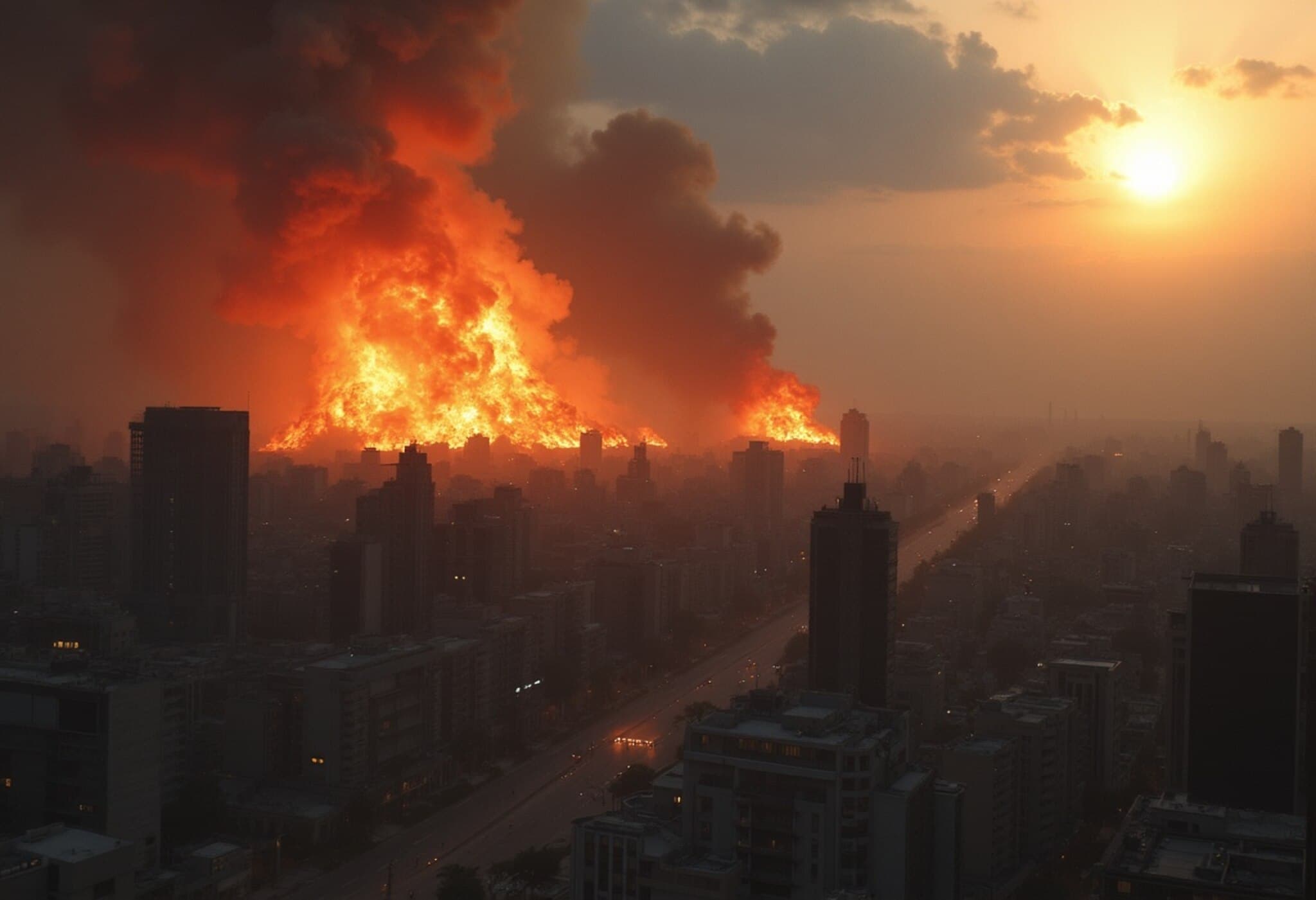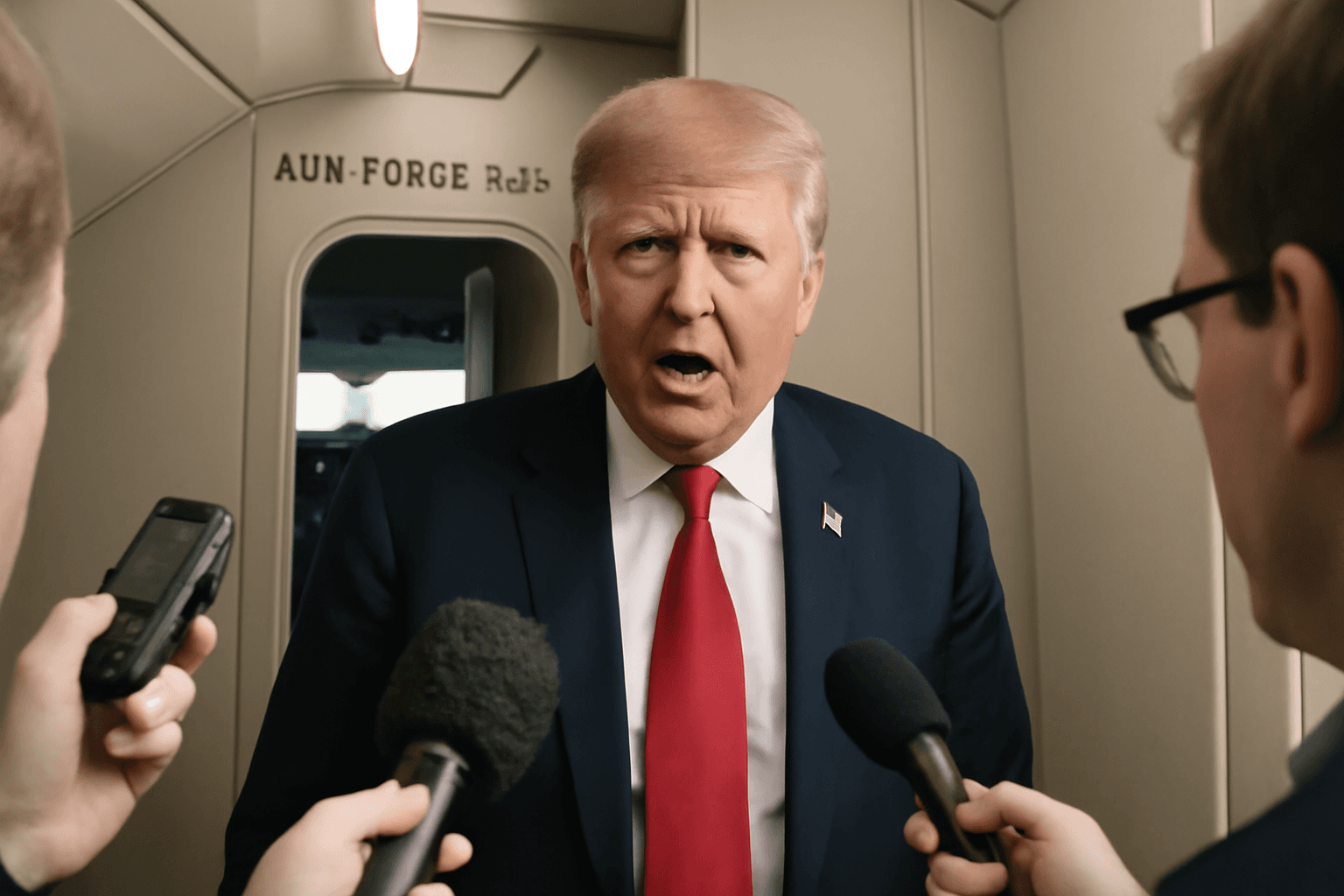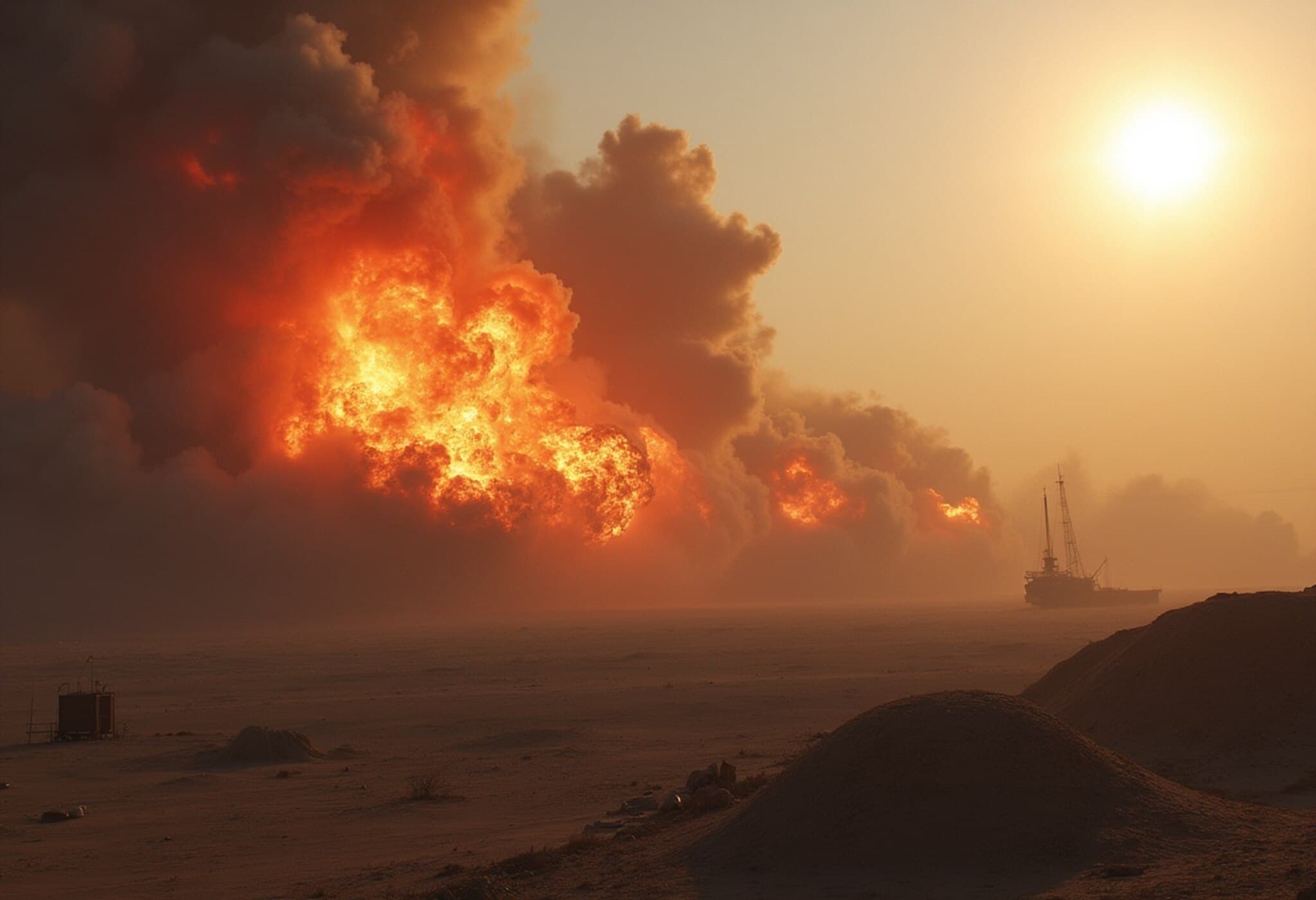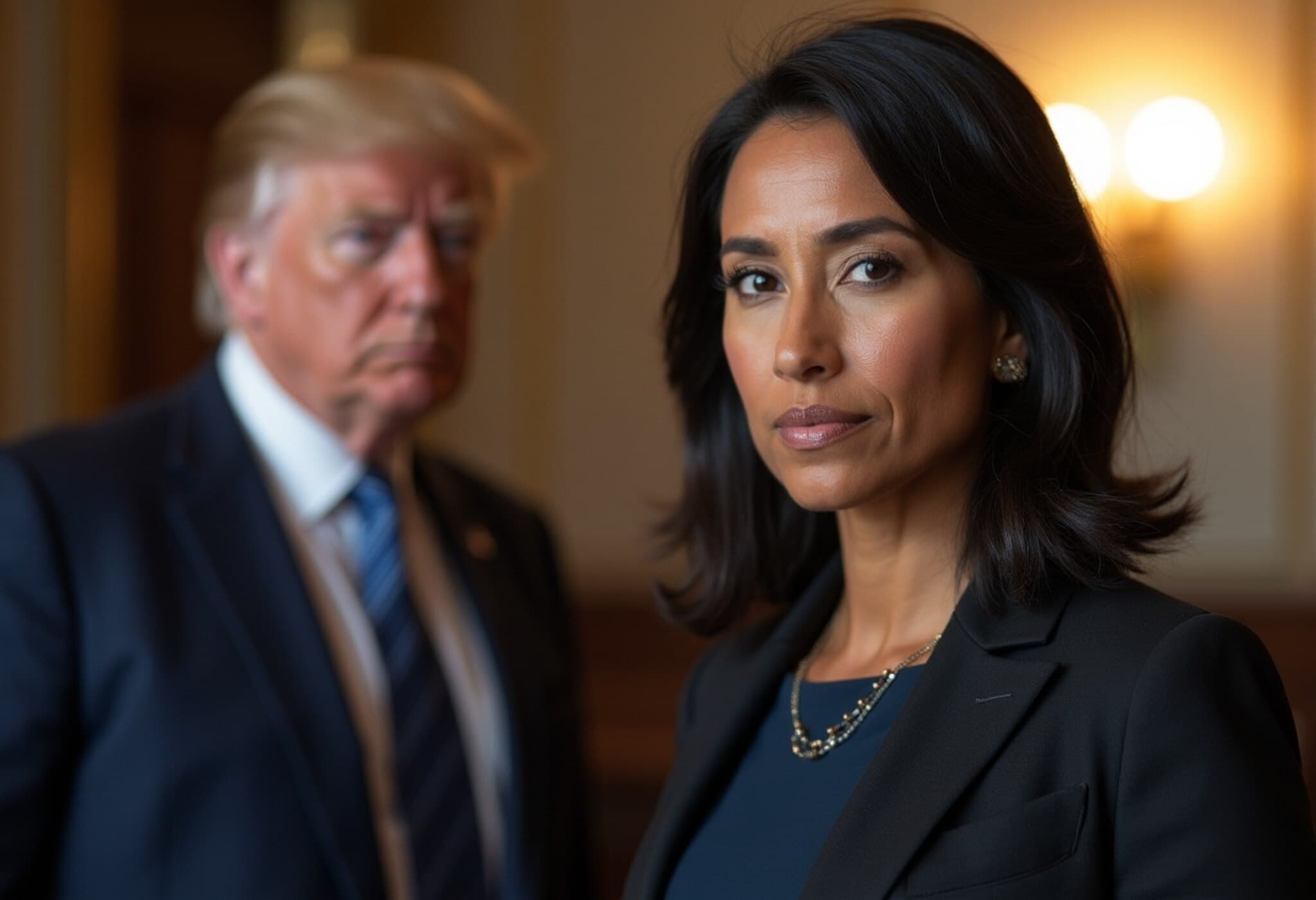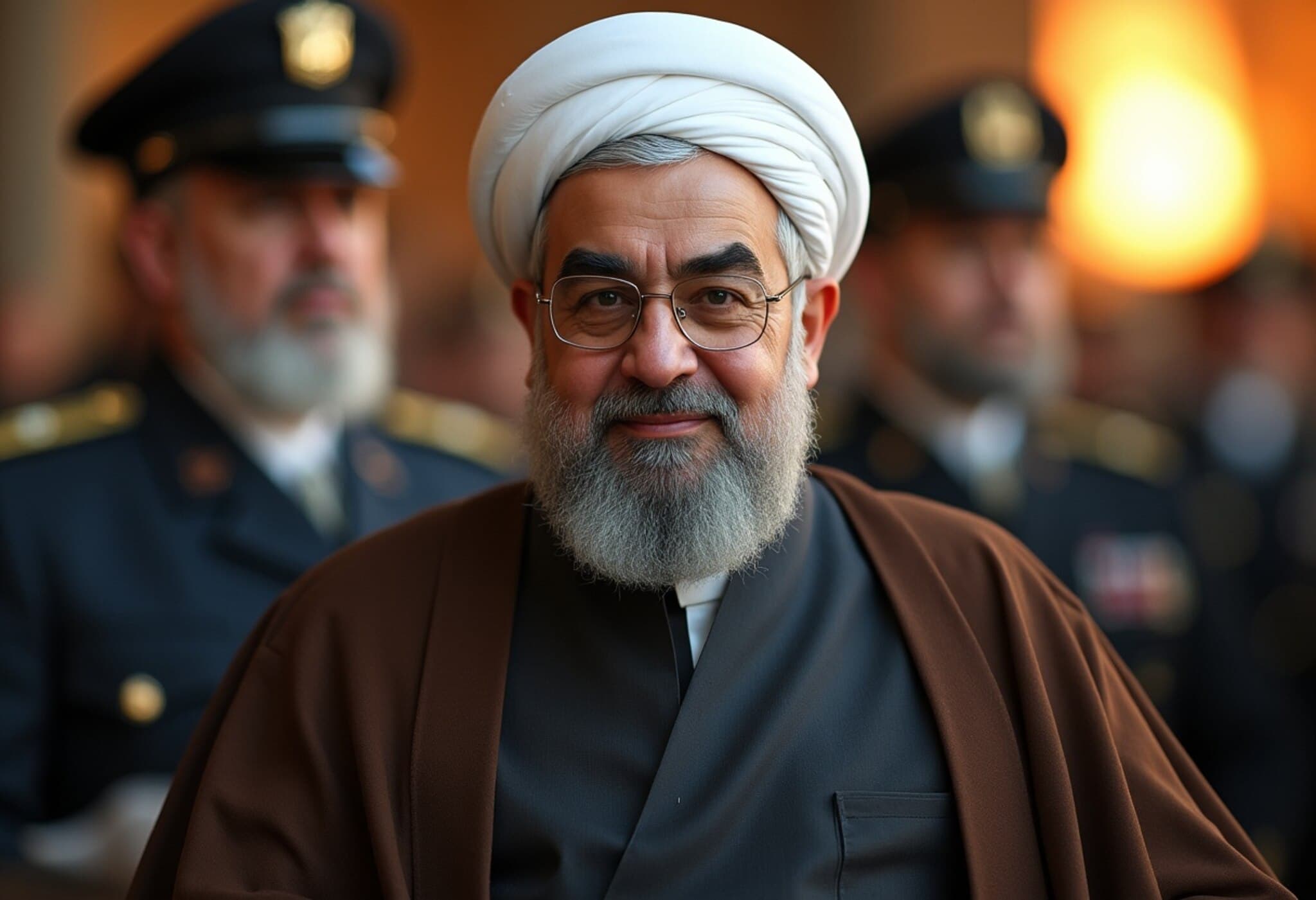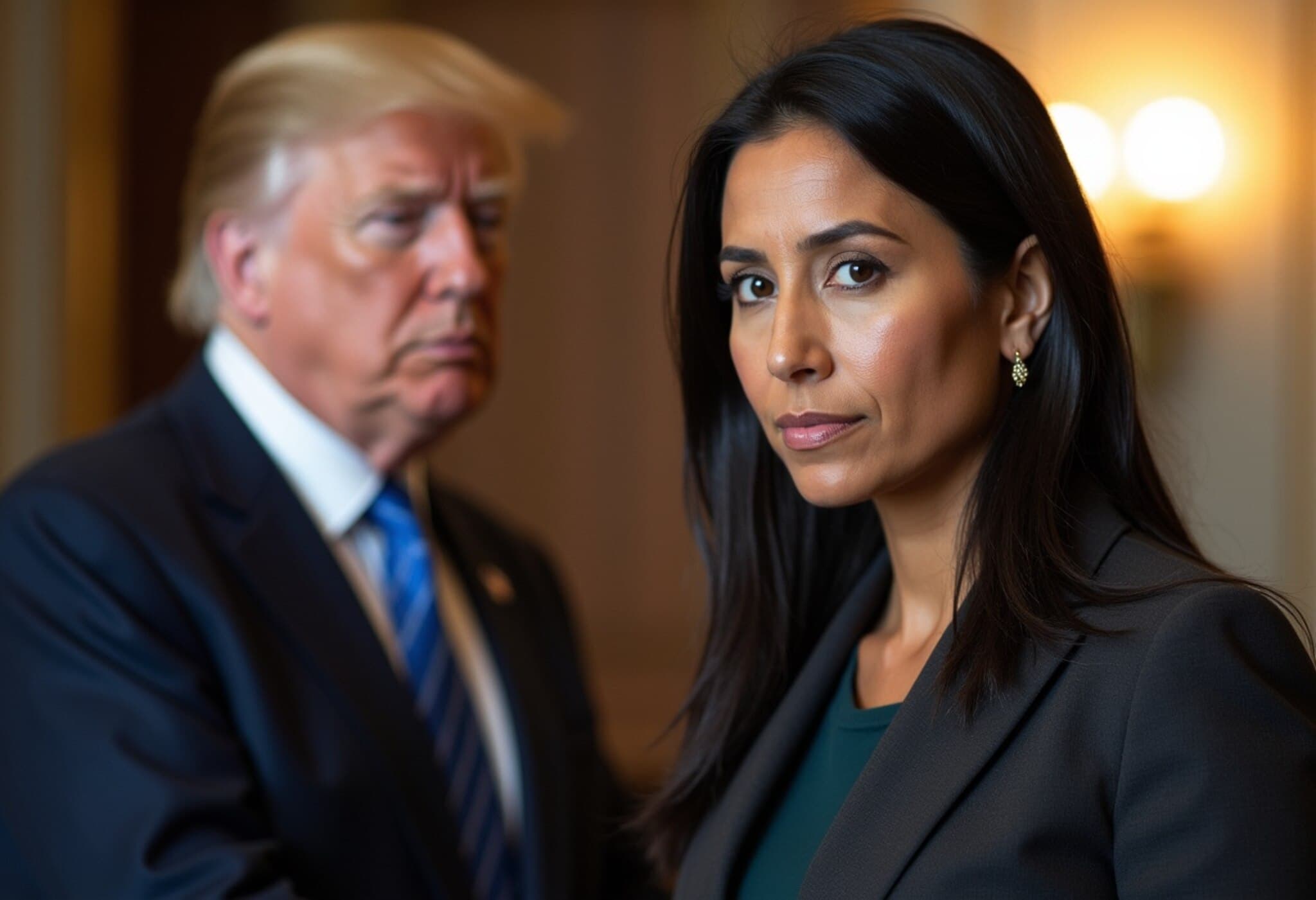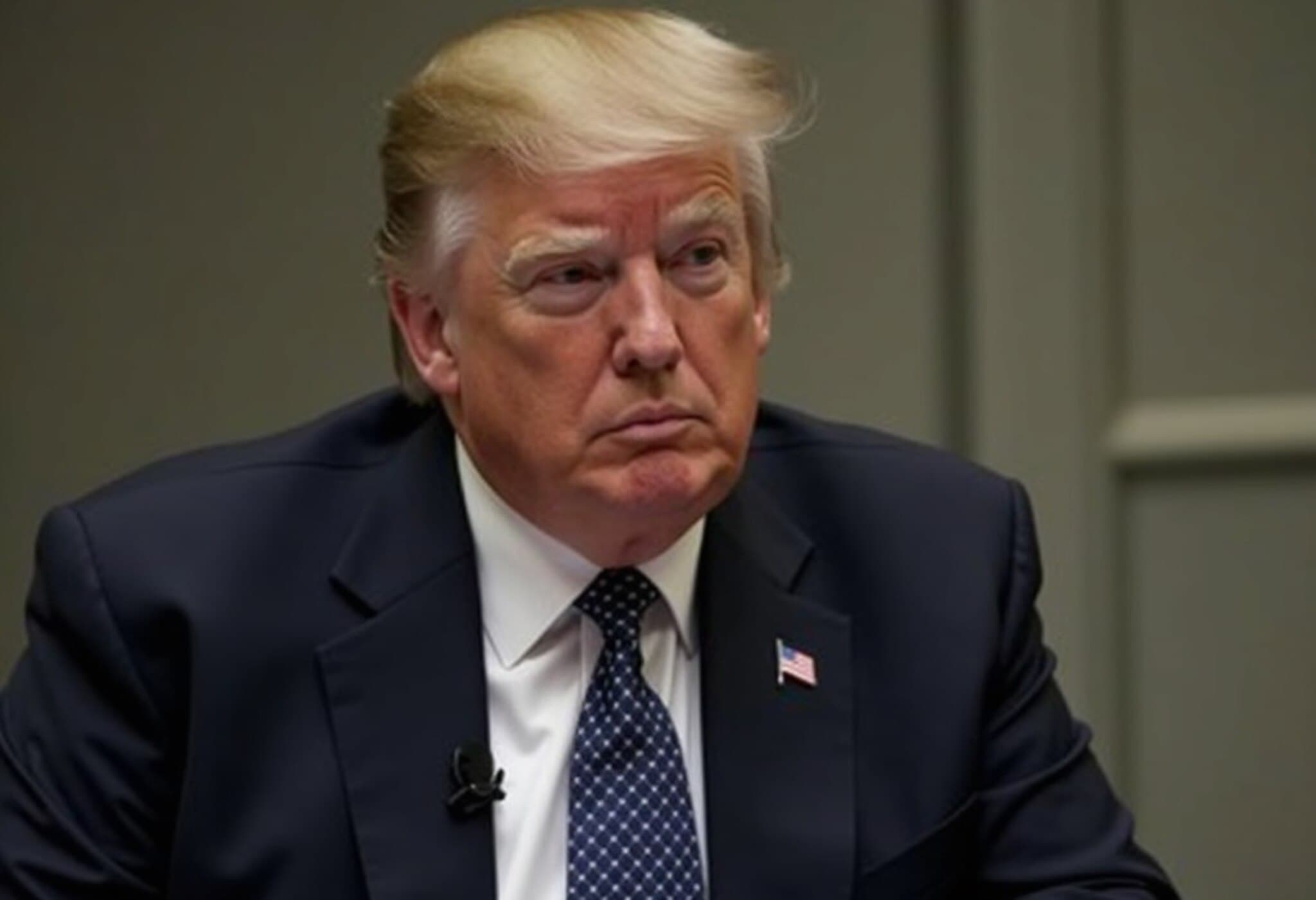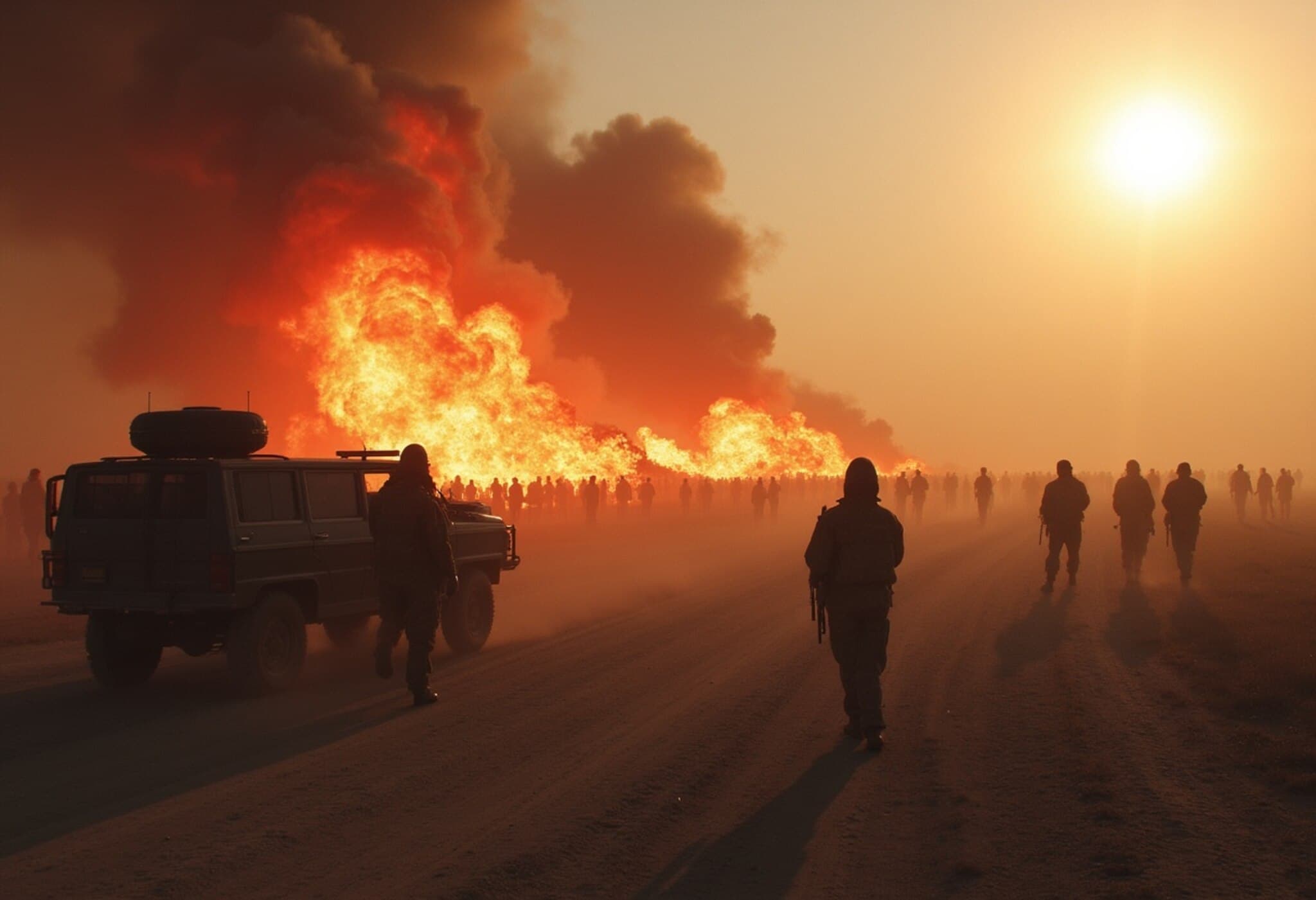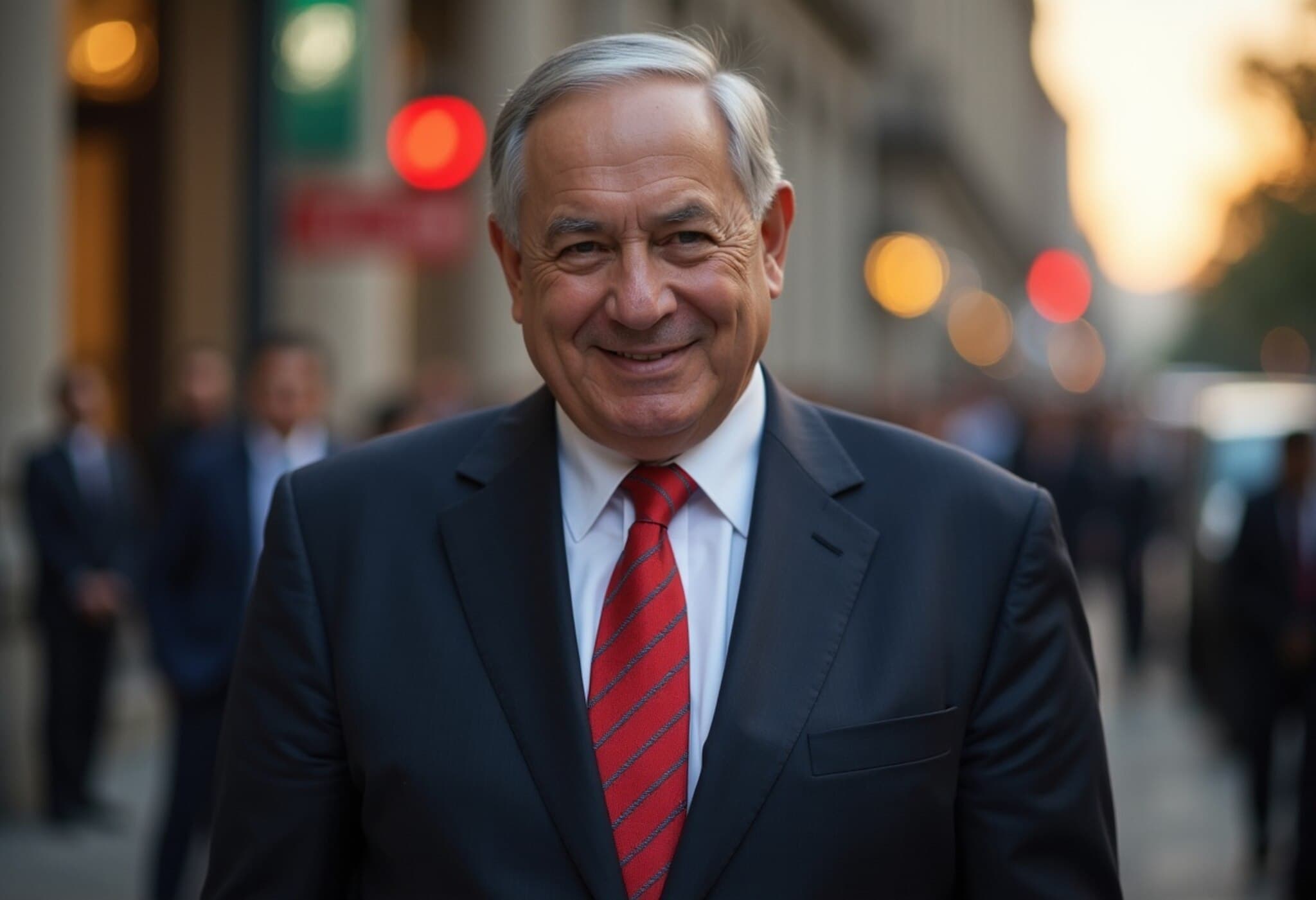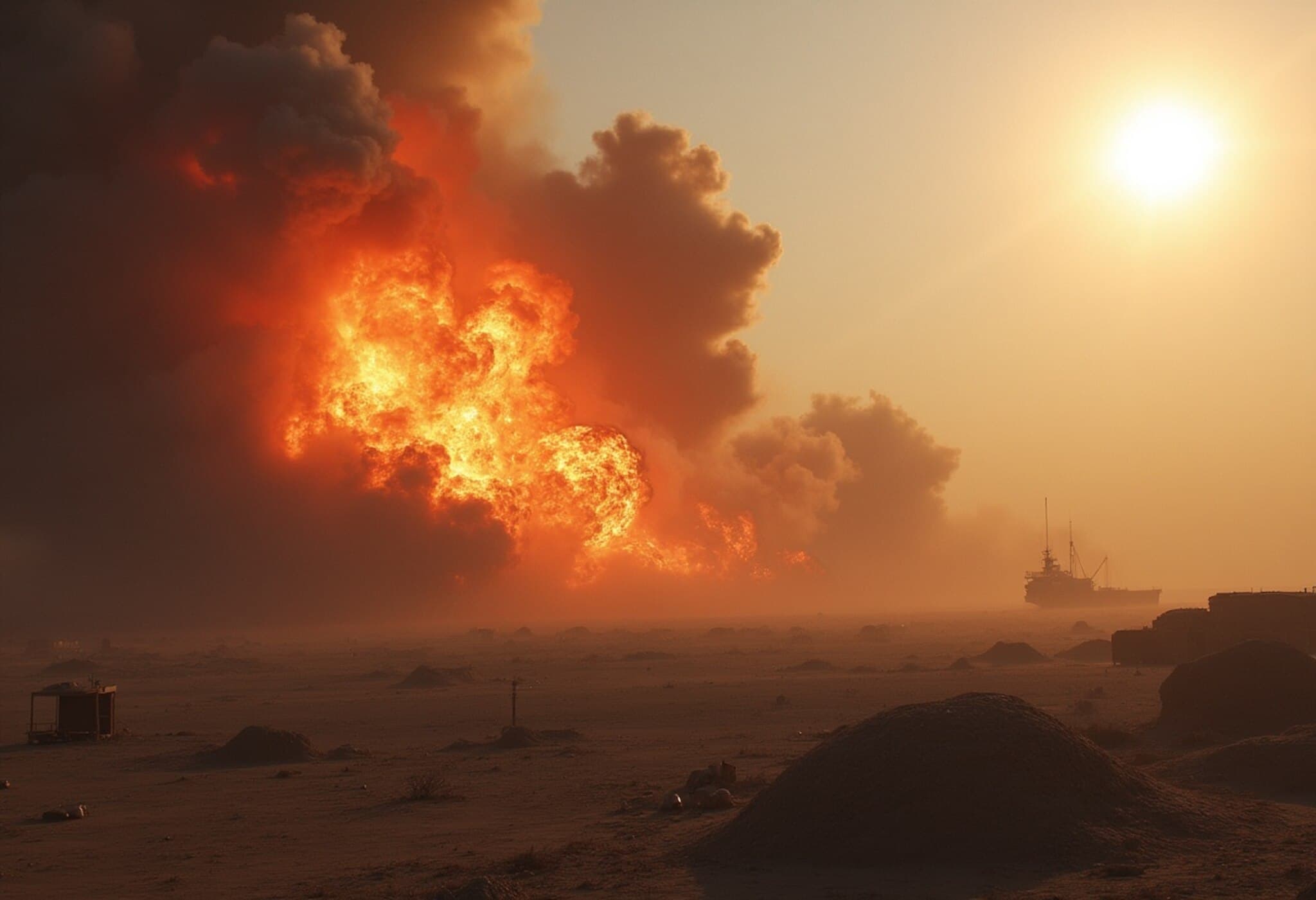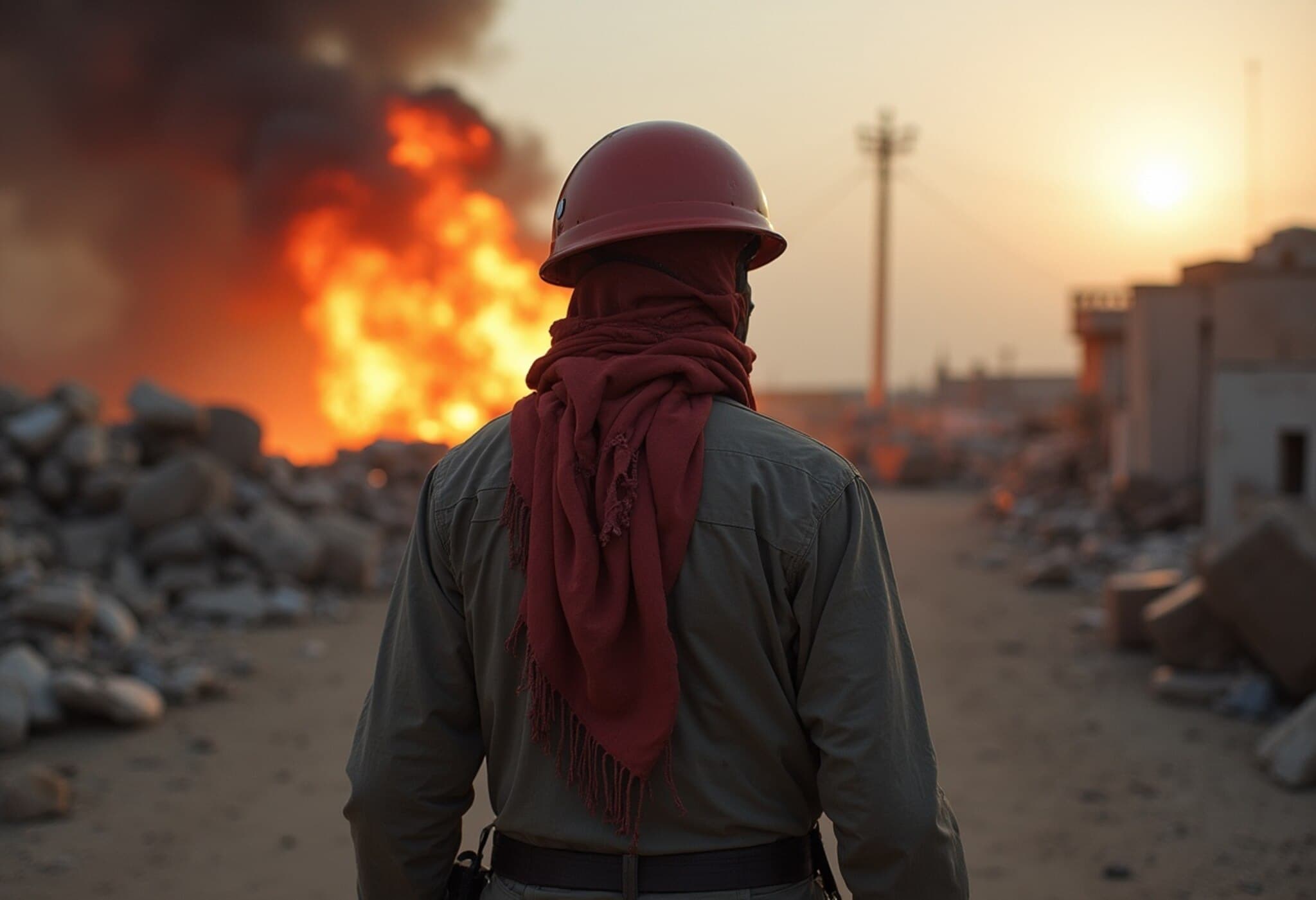Iran’s Foreign Minister Affirms Continued Nuclear Enrichment despite Setbacks
In a recent interview with Fox News, Iranian Foreign Minister Abbas Araghchi conveyed Tehran’s unwavering commitment to advancing its nuclear enrichment program, even after severe damage to its nuclear facilities during recent hostilities involving Israel. The announcement underscores Tehran’s resolve to pursue what it considers a scientific and national imperative, despite external pressures and tangible operational challenges.
The Impact of Conflict on Iran’s Nuclear Infrastructure
Araghchi acknowledged that the nuclear program had temporarily halted operations due to the extensive damage inflicted during clashes linked to escalating tensions with Israel. However, he was emphatic that this pause was temporary.
“It is stopped because, yes, damages are serious and severe,” he said. “But obviously, we cannot give up on enrichment because it is an achievement of our own scientists. And now, more than that, it is a question of national pride.”
This statement highlights how Iran links its nuclear enrichment efforts not just to technological progress but also frames it as a core element of national sovereignty and pride, intensifying the political and cultural stakes involved.
Expert Insight: The Broader Implications of Iran’s Nuclear Stance
From a geopolitical perspective, Iran’s insistence on continuing enrichment despite damaged facilities signals potential shifts in regional stability and diplomatic relations, particularly with Western powers and Middle Eastern neighbors.
- Strategic Significance: Nuclear enrichment remains a highly sensitive topic globally, mainly due to concerns over weaponization potential, complicating international negotiations, including those related to the JCPOA (Joint Comprehensive Plan of Action).
- Technological Resilience: Iran’s framing of the program as a scientific achievement underlines the country’s focus on self-reliance and innovation in the face of sanctions and external sabotage.
- Policy Challenges for the U.S.: For American policymakers, balancing sanctions and diplomatic engagement with Tehran becomes even more challenging as Iran asserts its program as non-negotiable.
Underreported Dimensions: National Pride and Scientific Identity
While international coverage often fixates on proliferation risks, Araghchi’s remarks bring a nuanced angle—the emotional and national identity tied to technological accomplishments. This dimension reflects how nuclear enrichment transcends mere policy disputes to touch on Iran’s internal narratives and societal values, shaping governmental resolve.
Looking Ahead: What Does This Mean for the Region?
The damage to enrichment facilities might delay Iran’s timeline, but it will unlikely deter Tehran’s ambitions. Analysts suggest that the resilience exhibited may foster further regional tensions, potentially triggering a recalibration of defense postures among Middle Eastern states.
International diplomatic channels will need to navigate this reality carefully, finding a balance between deterrence, dialogue, and addressing Iran’s domestic drivers behind the nuclear program.
Key Questions for Global Diplomats and Analysts
- How will Iran’s narrative of national pride impact future negotiations over its nuclear program?
- What strategies can the international community deploy to mitigate risks without escalating conflict?
- Can scientific collaboration or transparency measures be leveraged to reduce tensions?



